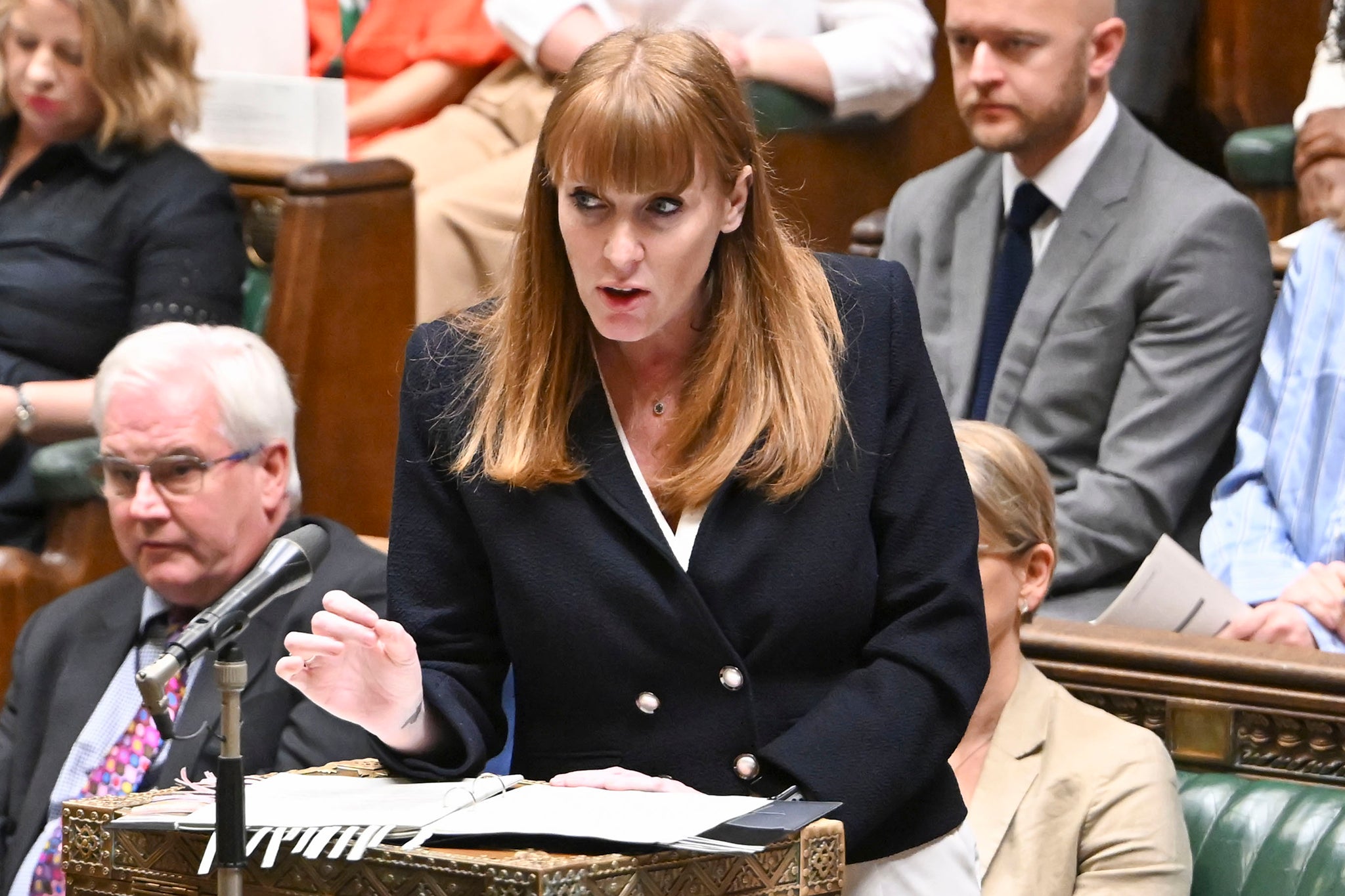Council tax bills across the UK could soon see a major shake-up as a new Labour plan looks to make funding ‘fairer.’
Led by deputy prime minister Angela Rayner, the plans will ensure more government funding goes to areas with the highest need.
The new approach looks to address issues in local authorities that are enforcing large council tax hikes every year while residents repeatedly see little return for this money. By making more central funds available to areas where demand is greatest, these areas will be more able to ask for lower council tax increases.
However, this will likely mean that less funding will be available to areas where local services are not stretched, and residents have not been asked to pay such steep bill rises in recent years. As such, these councils could be forced to recoup the funding from maximising council tax revenue.
A Ministry of Housing, Communities and Local Government (MHCLG) official told The Times that the current system has resulted in “perverse outcomes, where some authorities are struggling to provide basic services whilst others are better off”.

They add that the new approach would “ensure that government doesn’t reward places that have been able to keep council tax levels low due to having stronger tax bases”, and be “fairer to local authorities and their residents where they have had to take difficult decisions historically on council tax, often due to having weaker tax bases.”
About half of all council funding comes from central government, meaning the new method marks a major reform. The MHCLG has launched a consultation over the new measures to evaluate how the new funding allocations will be made.
This will include assessing the need of councils that provide adult social care, as well as looking at how to reform children’s social care and Special Educational Needs and Disabilities (SEND) funding.
Nine in ten councils enforced the maximum possible council tax rise of 4.99 per cent in April, with six given permission to raise local rates even higher. These were Windsor and Maidenhead, Newham, Bradford, Birmingham, Somerset, and Trafford.

Minister for Local Government and English Devolution, Jim McMahon OBE said: “We inherited a local government sector on its knees—councils pushed to the financial brink, facing rising demand, and working people not receiving the quality local services they rightly deserve.
“There’s broad agreement across council leaders, experts, and parliamentarians that the current funding model is broken and unfair. This government is stepping up to deliver the fairer system promised in the 2017 Fair Funding Review but never delivered.
“These reforms are urgently needed to put councils on a stable footing and ensure better services for residents — especially working people — right across the country. It’s a key part of our Plan for Change to deliver the outcomes people deserve.”
Cllr Pete Marland, Chair of the Local Government Association’s Economy and Resources Board, said: “An opaque funding system has weakened councils’ financial sustainability and vital public services, and we will be working through the details of this consultation.
“Different councils will have contrasting views on these proposals. Individual councils will need to know the implications and a transitional mechanism is crucial to avoid putting services at risk.”


-is-congratulated-by-her-supporters.jpeg?trim=0,0,0,0&width=1200&height=800&crop=1200:800)
